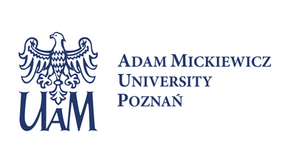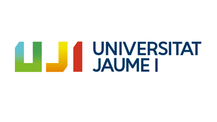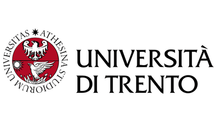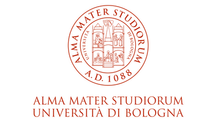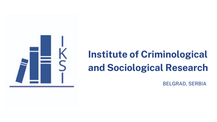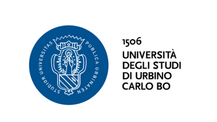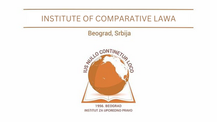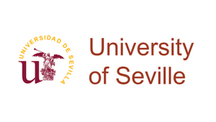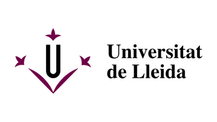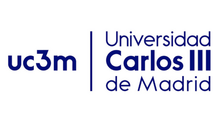International and Comparative Approaches
About Project
Effective Justice Platform 2nd Edition
The second edition of the Effective Justice - International and Comparative Approaches research platform will place a stronger emphasis on exploring the international dimension of effectiveness. This upcoming phase builds upon the insightful findings from the first edition, which investigated how effectiveness is perceived within the legal community. The new research aims to delve deeper into the perspectives of legal scholars and practitioners regarding what constitutes effectiveness in their respective fields.
The preliminary research has highlighted that effectiveness in legal deliberations can be perceived through multiple lenses. Specifically, it relates to (a) the legal norms upheld within a given legal system, (b) the overarching systems of law, including how effectively legal procedures are carried out, and (c) the effectiveness associated with individual actions and the sequences that unfold within these procedures. Previous studies have established that in the realm of legal deliberations, efficiency—particularly concerning the second and third categories—is often assessed based on the achievement of specific objectives. These objectives can include various axiological goals, thereby illustrating a significant connection between perceived effectiveness and the attainment of values within legal frameworks.
Additionally, there is an increasing need to provide clarity around the distinct concepts of effectiveness, effectivity, and efficacy. Effectiveness, in particular, pertains to the evaluation of both measurable outcomes and non-axiological parameters, underscoring the comprehensive nature of legal effectiveness and its practical implications. This nuanced exploration aims to enrich the understanding of how effectiveness is conceptualised and operationalised within both national and international legal contexts.
The second edition of the effective justice platform emphasises a more precise establishment of criteria for evaluating effectiveness in terms of axiological aspects. The most important point of reference is the protection of human rights. Therefore, the first two sections will analyse issues related primarily to the dimension of international public law.
The first section will explore the relationship between effectiveness and human rights on the European plane, especially in the context of the system of protection of the countries of the Council of Europe. In contrast, the second section will analyse the issue of effectiveness and protection of human rights on the inter-American plane, taking into account selected comparative threads concerning the countries of Latin America. The third section will shift its focus to evidentiary issues, which were also addressed in the first edition of the EJ platform. Still, this time, the researchers will deal primarily with electronic evidence issues and new mutual recognition tools. This section will focus on issues related to European efficacy standards for criminal proceedings in evidence law. The fourth section will continue the exploration of criminal law systems, with special attention to trends in digitising procedures. Researchers will engage with the pressing question of how efficiently national systems operate within this digital paradigm, employing a comparative lens to uncover various limitations and challenges.
Throughout all four sections, the overarching theme will revolve around the axiological parameters that guide effectiveness measurement. This axis will serve as a foundational element for the discussions, ensuring a holistic examination of how effectiveness in the justice system aligns with the fundamental principles of human rights protection.

Research Platform Team

Prof. UAM dr hab.
Barbara Janusz-Pohl
Director of the Platform
Adam Mickiewicz University

Michał Wawrzyńczak
Coordinator
PhD Candidate
Adam Mickiewicz University
& Bologna University

Adrian Kaczmarek
Coordinator
PhD Candidate
Adam Mickiewicz University
.jpg)
Katarzyna Paździorko
Coordinator
Adam Mickiewicz University
& SGH Warsaw School of Economics
Performers
2nd Edition

Main Research Areas
Effectiveness and Human Rights Protection in Europe – Examining the relationship between justice effectiveness and human rights within the framework of the Council of Europe.
Inter-American Perspectives on Justice Effectiveness – Analyzing legal effectiveness in the context of human rights protection in Latin American legal systems.
Evidentiary Standards and Digital Evidence – Investigating the role of electronic evidence and mutual recognition tools in criminal proceedings.
Digitalization of Criminal Procedure – Exploring how technological advancements impact procedural efficiency and fundamental rights.
Comparative Approaches to Legal Effectiveness – Assessing how different legal systems define and measure effectiveness in practice.
Axiological Foundations of Justice Effectiveness – Evaluating the role of values and fundamental principles in shaping effective legal frameworks.
Research Sections
Key Objectives:
-
Assess the state of effective justice and human rights in Europe.
-
Analyze legal developments and challenges from international and regional perspectives.
-
Propose standards for enhancing justice and human rights protection.
-
Foster collaboration among researchers from diverse disciplines.
Our research integrates legal, historical, and social perspectives, employing both empirical and theoretical methodologies to examine justice systems, state practices, and European court rulings.
.png)
Effective Justice and Human Rights
– European and International Dimension
This section explores effective justice in Europe through the lens of human rights protection. It examines the European human rights system, focusing on the case law of the European Court of Human Rights and the Court of Justice of the European Union, as well as relevant actions within the OSCE framework.
Reserach Team
Section Leader

Section Coordinators


Section Members


International
Cooperation
5
Main research areas
9
Scientific
Seminars
Over
30
Scholars
Final conference and research results publication
Plan of Seminars
The Effective Justice project will run from January 2025 to December 2027, featuring a series of academic events aimed at fostering international dialogue on effectiveness and justice system. Over the course of three years, the project will include nine seminars and two conferences:
-
2025 – Four seminars
-
2026 – Three seminars and one conference
-
2027 – Two seminars and a final conference (December 2027)
These events will provide a platform for scholars and practitioners to exchange knowledge, discuss key challenges, and refine the criteria for assessing legal effectiveness.
Updates on upcoming events and participation details will be posted below.
TBA
TBA
TBA
TBA
TBA
TBA
TBA
TBA
TBA

Final Conference
1st Edition of the EJ Platform
Recordings


The project financed from state budget funds granted by the Minister of Education and Science (Poland) within the framework of the “Excellent Science” Program.
Projekt finansowany ze środków budżetu państwa, przyznanych przez Ministra Edukacji i Nauki w ramach Programu "Doskonała Nauka"
Contact
If you are interested in participating in the project Effective Justice International and Comparative Approaches you can contact us by email below or on our social media profiles: Facebook and Linkedin.
e- mail: amu.ejseminar@gmail.com




















































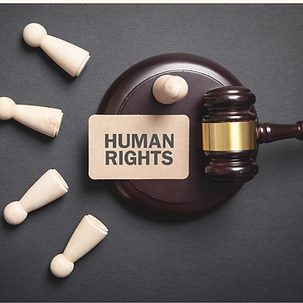.png)








.png)









.png)














